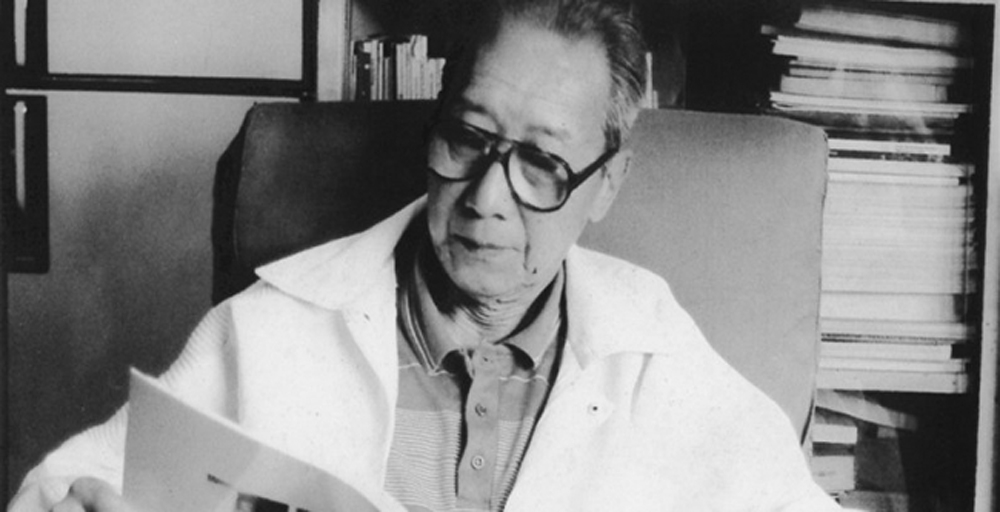Prof. FENG Jizhong (March 15, 1915 - December 11, 2009) was a famous Chinese scholar of architecture, an architect and educator, as well as the founding father and master of modern architecture, urban planning and landscape architecture in China. He was the first Chinese scholar to be a Fellow of the American Institute of Architects. In his old age, he was awarded the Architecture Education Special Prize of Architectural Society of China, and the Outstanding Prize of the Architecture Media Award of China.

Prof. FENG played an important role in the establishment and development of the discipline of architecture in Tongji University. He started his 63-year-long teaching career at Tongji in 1947, and offered courses in architecture in the Department of Civil Engineering, and the Department of Architecture, the School of Architecture and Urban Planning after 1952. He held the positions of head of the Department of Architecture, honorary head of the department and honorary dean of the School of Architecture and Urban Planning. As the leader of the department, he dedicated himself to the establishment and development of the architectural study at Tongji, and set up the School of Architecture and Urban Planning, a fast-growing teaching and dissemination school, with his idea of modern architecture and planning.
Prof. FENG established the “vase” model of teaching, which is to give students freedom to be creative while leading them to follow the rules in architecture and in the teaching system of his theory of architectural space composition. His idea has formed the ideological basis of Tongji’s architecture education, and become highly influential in modern architecture teaching. Prof. FENG was the founding father of the majors in urban planning and landscape architecture in China, which were first set up in Tongji. What he did has made outstanding contributions to the development of architecture and cultivation of architectural talents in China.
As a great architectural thinker and practitioner of his ideas, Prof. FENG applied his architectural theory to his design practice. His masterpiece designs include Tongji Hospital in Wuhan, Donghu Sanatorium, Huagang Teahouse in Hangzhou, and the Square Tower Park in Songjiang, among which the Square Tower Park in Songjiang is acknowledged as a milestone in the history of Chinese modern architecture. Prof. FENG also paid close attention to the society. He realized the problem of reconstruction of old city, and took the Old City Reconstruction Planning as the topic of the graduation project of his students for six years, which reflected his belief in serving the people. Meanwhile, Prof. FENG fully understood and respected the historical and cultural heritage in China. He proposed a principle of preserving historical buildings, which is to reconstruct the historical buildings according to its original appearance in order to preserve the cultural connotations.
Prof. FENG nurtured and influenced generations of architects, urban planners and landscape architects with his wide range of knowledge and creative thinking. He proposed that the goal of education was to cultivate talents, to create ideas and to develop an academic atmosphere for careful thinking, free imagination and mutual learning. His proposal has become the spiritual cornerstone of the development of the School of Architecture and Urban Planning, Tongji University, and will be a lasting contribution to the school and the university.
The School of Architecture and Urban Planning will hold a series of activities , including a symposium to commemorate the centenary of the birth of Prof. FENG Jizhong during the period of anniversary celebrations of Tongji University.
Translated by May Language Studio based upon
http://news.tongji.edu.cn/classid-6-newsid-46319-t-show.html